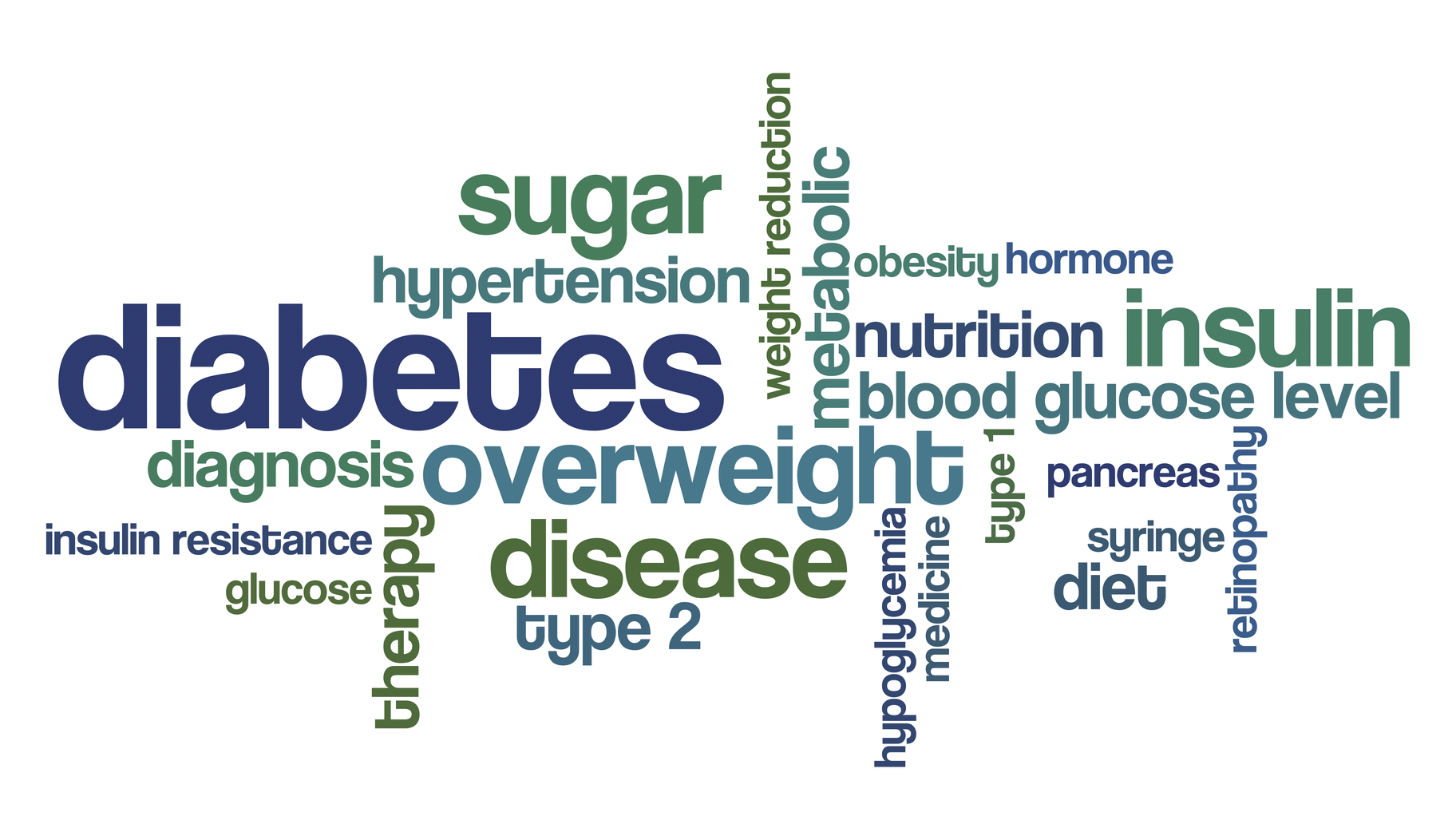November is Diabetes Awareness Month
Diabetes is becoming more common in the United States. From 1980 through 2014, the number of Americans with diagnosed diabetes has increased fourfold (from 5.5 million to 22.0 million). According to the Centers for Disease Control another 8.1 million have diabetes but don’t know it. It is estimated that another 86 million Americans age 20 and older have prediabetes. There are 1.4 million news cases of diabetes each year.
While these statistics are staggering, there are things you can do today to lower your risk of diabetes. If you already have diabetes, these tips are also recommended to help you manage blood glucose levels.
Healthy Food Choices
Eating plenty of foods with a low glycemic index (GI)- foods that don’t raise blood sugar levels much- is important. Foods that are closer to nature (think rolled oats instead of instant oatmeal, an apple instead of applesauce) raise blood sugar less than more processed foods. Whole grains and non-starchy vegetables are good choices. Eating fruit is a great way to satisfy your sweet tooth. Diabetes superfoods include legumes, dark green leafy vegetables, citrus fruits, sweet potatoes, berries, fish, tomatoes, whole grains, nuts, fat-free milk and yogurt. Beverages choices are important to consider too! Drinking zero or low-calorie beverages and consuming alcohol in moderation are important.
Fitness
Regular physical activity is important. The cells in your body use insulin more effectively when you are active. Your cells can also remove glucose from the blood without insulin during exercise. Consistent exercise lowers blood glucose and improves A1C levels (an average of blood glucose levels over the past 3 months). If you are dependent on medication you may be able to take fewer diabetes pills or less insulin. Maintaining a healthy weight is a vital part to lowering risk for developing diabetes and for managing diabetes.
Good Oral Health
A common complication of diabetes is periodontal disease. Managing periodontal disease is important because it can potentially affect blood glucose control and contribute to the progression of diabetes. If you’re diabetic you are at an increased risk for serious gum disease. This is because you are generally more susceptible to bacterial infection, and have a decreased ability to fight bacteria that invade the gums. Regular dental care is an important part of managing diabetes. At your dental appointment we can also check your blood pressure since having high blood pressure and diabetes together can significantly increase your risk of heart attack or stroke.
When making lifestyle choices that move you toward health, you may find that choosing one small piece to work on at a time makes a change manageable. The team at Keystone Dental loves to help if you have any questions!
Additional helpful resource for diabetes and risk management information:
<http://www.diabetes.org/are-you-at-risk/lower-your-risk/cua.html>

